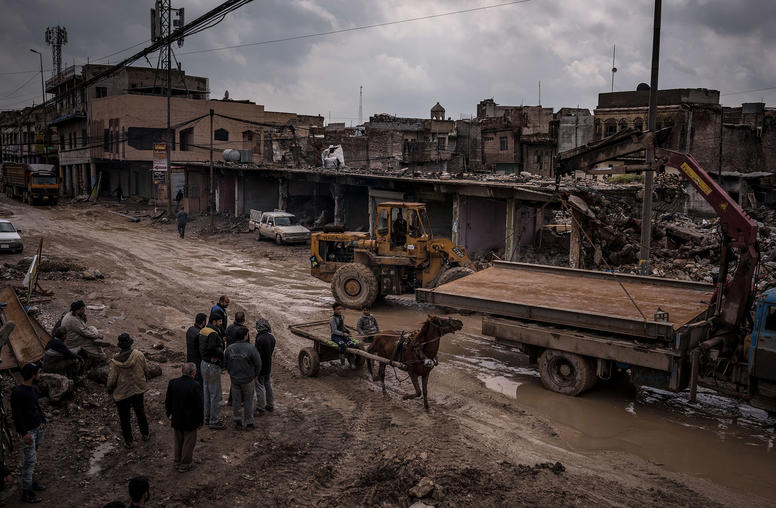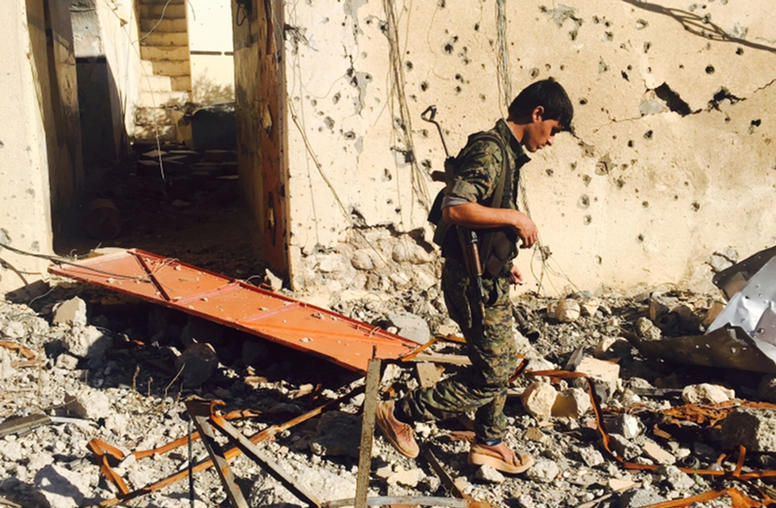Interactive Data Dashboard
This interactive dashboard visualizes data waves 4, 5, 6 and 7 which were collected in October-November 2020, May-June 2021, November-December 2021, and March 2023, respectively. Waves 4-6 cover Hamdaniya, Sinjar and Tal Afar districts; for wave 7, Mosul district was added. Data is collected on the themes of Governance; Reconciliation and Justice; Social Cohesion and Wellbeing; Rule of Law; Safety and Security; and Climate Change. The top filter on the left allows for selection by the data wave and the filter below it allows for disaggregation by five categories: district; subdistrict; ethnoreligious group at district level; gender at district level; and urban/rural classification at district level.
Technical notes:
- For the purpose of keeping visuals simple, the following response categories are not represented for some questions: “question not asked or skipped,” “refused to answer,” “do not know,” and “not concerned/not interested/neutral.” Please refer to the raw data excel file for this information.
- Slight discrepancies between the two percentages that appear in the tooltip (which appears when hovering over a visual) are due to answers not represented (see note one). The percent outside the parentheses reflects the raw data while the percent inside the parentheses reflects the percent of total answers included in the visual.
Raw Data
- CSMF Data: Waves 1-3 (XLSX)
- CSMF Data: Wave-4 (XLSX)
- CSMF Data: Wave-5 (XLSX)
- CSMF Data: Wave-6 (XLSX)
- CSMF Data: Wave-7 (XLSX)
About CSMF
CSMF findings can inform both policymakers and peacebuilding practitioners. The CSMF tracks the evolving perceptions of different population groups over time to inform stakeholders on how to best address group grievances. The data can be used to:
- Establish a baseline before interventions, and aid design thereof;
- Measure results of interventions; and
- Monitor dynamics for potential destabilization — and hopefully trigger preventive action.
The CSMF reflects USIP’s commitment to monitoring as a tool for adaptive institutional learning. In Iraq, USIP is using this data to adjust its programs to the changing conflict environment. CSMF findings inform the design of USIP’s ongoing local dialogue and participatory governance processes in Nineveh which address tensions that discourage social cohesion, community development, and the return of internally displaced persons (IDPs) from minority communities. The findings help USIP understand what issues may be ripe for attention, and thereby calibrate its approaches to specific conflict drivers.






